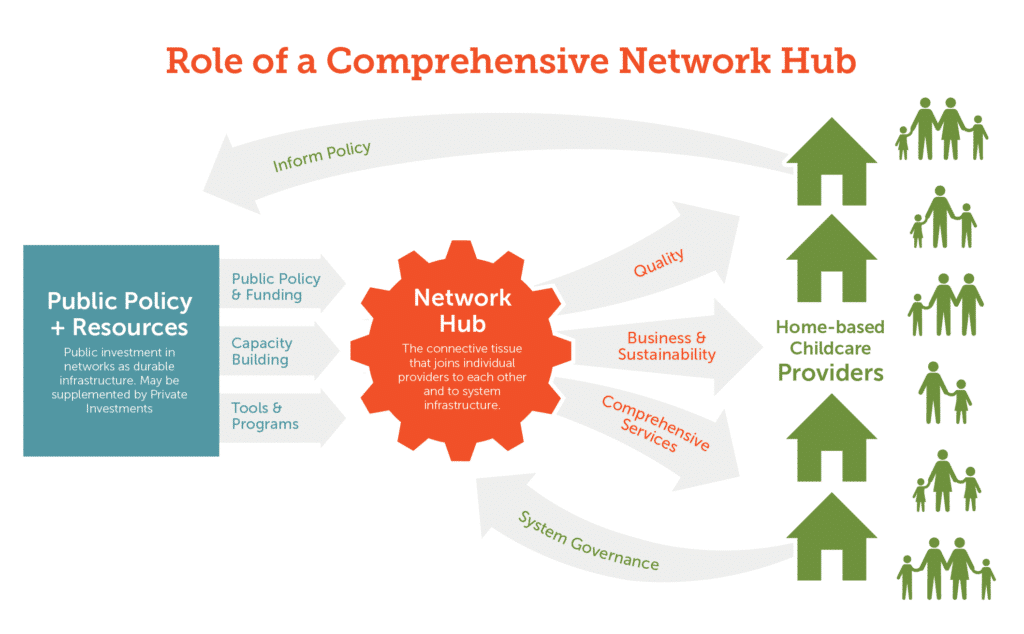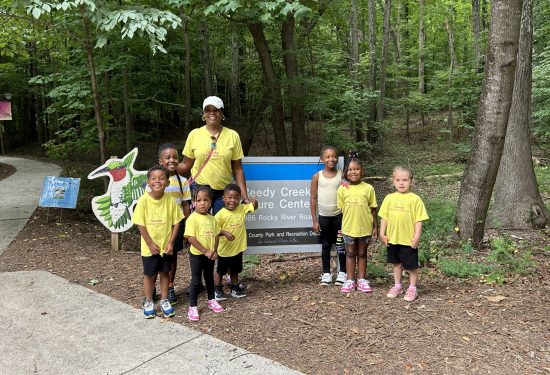States across the country are celebrating legislative and regulatory wins for child care and the families that use care. For example:
- Vermont’s legislature voted to ensure that families pay no more than 10% of their income on child care, expand eligibility for subsidy, increase reimbursements to child care providers, and provide funding to upgrade technology used to administer Vermont’s early education system.
- Colorado’s legislature passed a bill to reduce the burden on family child care providers, allowing them to be treated as residences for regulatory purposes.
- New Mexico is using funding from the American Rescue Plan to dramatically expand subsidy access to families making up to 400% of the Federal Poverty Level, and increase rates for providers, including a substantial increase in rate for home-based providers.
- New York recently increased eligibility for child care subsidies to families earning up to 200% of the Federal Poverty Level, capped co-payments at 10% of a family’s income, and finally allowed providers to receive subsidy via direct deposit.
We are encouraged to see that in addition to implementing policies that directly impact families and providers, a number of these policies also support child care infrastructure.
Home-based child care is particularly in need of an investment in durable infrastructure. As federal relief dollars flow to the states and additional legislation is on the horizon, our country has the resources to build lasting infrastructure in the form of comprehensive networks to support HBCC providers and the families they serve. Comprehensive networks support providers to: 1. Offer high quality care; 2. Be financially sustainable; and 3. Connect children, families, and providers to comprehensive services that improve their mental, physical, social, and economic well-being.
Home Grown recently launched our Building Comprehensive Networks initiative to provide resources and support to states, counties, cities, and tribes interested in building comprehensive networks as durable, publicly-funded infrastructure. As part of this work, Home Grown has developed open resources, including an Action Plan, Network Checklist for Administrators, and a searchable Compendium of Programs and Tools developed in partnership with Promise Venture Studios. We are also convening a monthly Learning Community of interested sites, and providing planning navigators, provider advisors, and funding to select sites that are prepared to engage in six months intensive planning. Together we look to build better networks to support home-based child care providers and the children and families who rely upon it.
To learn more about the Building Comprehensive Networks initiative, contact us at info@homegrownchildcare.org




